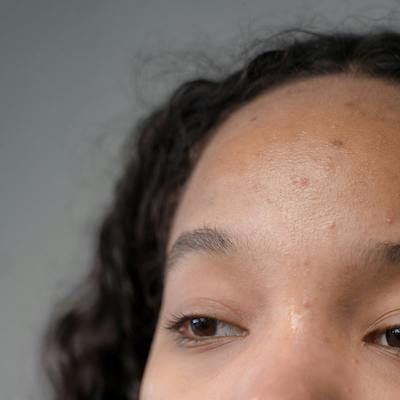Article
Brand-Name Adalimumab for Psoriasis May Be Interchangeable with Biosimilars
Author(s):
Patients with psoriasis who either remained on Humira or switched to a biosimilar showed similar retention rates and efficacy/safety data.
Nikolai Loft, MD

Findings from a new study conducted in Denmark affirmed that an adalimumab biosimilar has similar efficacy to brand-name adalimumab (Humira) in patients with psoriasis.
The study also found that switching from the originator to a biosimilar had no apparent effect on medication retention.
Although previous studies have shown comparable efficacy and safety between an adalimumab originator and biosimilar, there have been little real-world data to determine whether switching from the former to the latter has any effect on treatment course and experience.
A team, led by Nikolai Loft, MD, Department of Dermatology and Allergy, Herlev and Gentofte Hospital, University of Copenhagen, used patient data from the Patients in the Biological Treatment in Danish Dermatology (DERMBIO) registry to study 1-year drug retention in patients who switched from an originator to a biosimilar.
Retention rates for this cohort was compared with those who remained with the brand-name.
The Study
All included patients who had switched (n = 348) had doctor visits between November 1, 2018 – May 1, 2019. Of this population, a majority (72.1%) were male, and the mean age was 52.2 years.
Further, 186 patients switched to GP2017, and 162 switched to SB5.
Patients who remained with the originator (n = 378) had visits from May 1, 2017 – November 1, 2017. In this group, 72.0% were male, and the mean age was 51.1 years.
The investigators used Kaplan-Meier estimates and the log-rank test to assess treatment retention. Cox proportional hazards regression was used to compare drug retention between the cohorts.
As many as 92.0% (95% CI, 89.0-94.9) of patients in the biosimilar cohort continued their treatment regimen following 1 -year —compared to 91.2% in the originator group cohort (95% CI, 89.4-94.8).
Of those who switched and discontinued treatment, 42.3% stopped because of insufficient effect, 32.1% because of adverse events, and 25.0% because of other reasons. Notably, 32.1% switched back to adalimumab originator because of adverse events or insufficient effects.
“The crude hazard ratios for drug discontinuation for the adalimumab biosimilar cohort compared with the adalimumab originator cohort were 1.02 (95% CI, 0.61-1.70; P = .94) for all causes of drug discontinuation, 0.82 (95% CI, 0.39-1.73; P = .60) for insufficient effect, and 1.41 (95% CI, 0.52-3.77; P = .50) for AEs,” the investigators wrote.
And finally, there were no observed changes in disease activity or Dermatology Life Quality Index after 1 year between the cohorts.
A separate historical analysis of biologic-naïve patients was performed for those initiating adalimumab biosimilars (n = 321) and originator (n = 389).
There was a similar retention rate between the cohorts; although, more patients in the biologic-naïve biosimilar cohort experienced dermatological adverse events when compared with the biologic-naïve originator cohort (7 [3.6%] vs 0, P < .001). Nonetheless, there were no differences between the groups for any adverse events.
“This study found that 1-year drug retention for biologic-naive patients initiating treatment with adalimumab biosimilars was similar to that for biologic-naive patients initiating treatment with adalimumab originator in a historical cohort,” Loft and colleagues concluded.
“Taken together with the switch data, the results of this study support the interchangeability of adalimumab originator with adalimumab biosimilars,” they said.
The study, “Outcomes Following a Mandatory Nonmedical Switch From Adalimumab Originator to Adalimumab Biosimilars in Patients With Psoriasis,” was published online by JAMA Dermatology.





